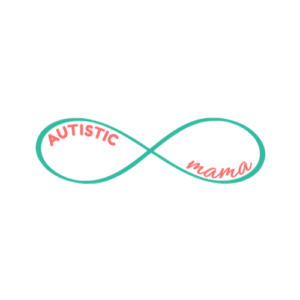Since I was a kid, reading was my favorite.
I loved novels and read nearly anything I could get my hands on.
But what I really loved about reading is that once I could read, I could learn anything.
So it wasn’t a shock to me when my oldest, who is so much like me, loved reading the same way I do.
They read encyclopedias like they are chapter books, and they can learn just about anything from a book.
Naturally, we lean toward a literature-based curriculum for as many subjects as we possibly can.
But we’ve struggled to find a solid literature-based science curriculum. That is why I’m so excited that we’ve found one that works so well for our family.

(This post is sponsored by BookShark Science. I was given a copy of this curriculum for free in exchange for my honest review. All thoughts and opinions are my own. See my full disclosure here.)
3 Reasons to Choose Literature-Based Science Curriculum
For the last few weeks, we have been trying out BookShark Science, and I have to say that I’m really impressed.
My book-nerd kiddo is LOVING it, and my younger kids benefit from listening along on lessons.
But before I tell you about BookShark, what is literature-based curriculum, and why would you even want to use a literature-based science curriculum?

What is Literature-Based Curriculum
If you saw the phrase literature-based curriculum and thought “ugh I homeschool to get away from textbooks…“ hold up, my friend.
Literature-based curriculum isn’t just a bunch of boring texts to read.
It emphasizes interesting stories and colorful books that your kids actually want to read.
From picture books to novels, literature-based science curriculum helps you dive into science without ever feeling bored.

#1 Encourage a Love of Reading
Using a literature-based curriculum in your homeschool encourages a love of reading.
When our kids are given the opportunity to read about something they love, they start to see reading as a vehicle to their passions.
So if your kids love science, a literature-based science curriculum can make a powerful impact.
Especially if reading is not naturally your kids’ favorite.

#2 Teaching Kids to Learn
I personally believe that the first few years of your child’s education are focused on teaching them how to read.
After that, our first priority as homeschoolers should be to teach our kids how to learn.

Our kids, more than any others in history, have access to information.
We can spend less time focused on helping them memorize facts and more time learning to seek out and learn new information as they need it.
Literature-based curriculum teaches our kids how to use reading to learn about new subjects—a skill they’ll use the rest of their lives.

#3 Low Energy For Mom
The last reason I LOVE literature-based science curriculum, and BookShark Science in particular, is that it has a really low energy requirement from me.
You can open a book and read with your kids with very little effort.
Oh, and with BookShark there’s almost no pre-planning required.
There’s an open and go Instructor’s Guide that tells you exactly what to do, and they even uses a 4-day schedule to allow for flexibility.

BookShark Literature-Based Science Curriculum
If you’re as excited by literature-based science curriculum as I am, I highly recommend BookShark Science.
It’s an open and go curriculum with everything you need to teach science at home.
Click here to check out BookShark Literature-Based Science Curriculum.

And for the next week or so, BookShark is running a really exciting giveaway.
Make sure to enter below before the deadline!

1 Comment on 3 Reasons to Choose Literature-Based Science Curriculum